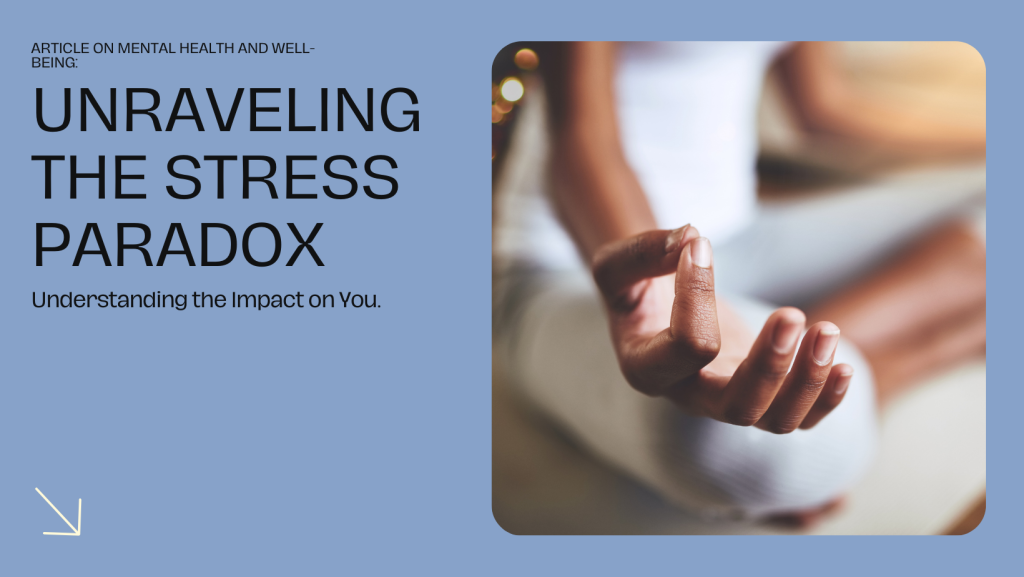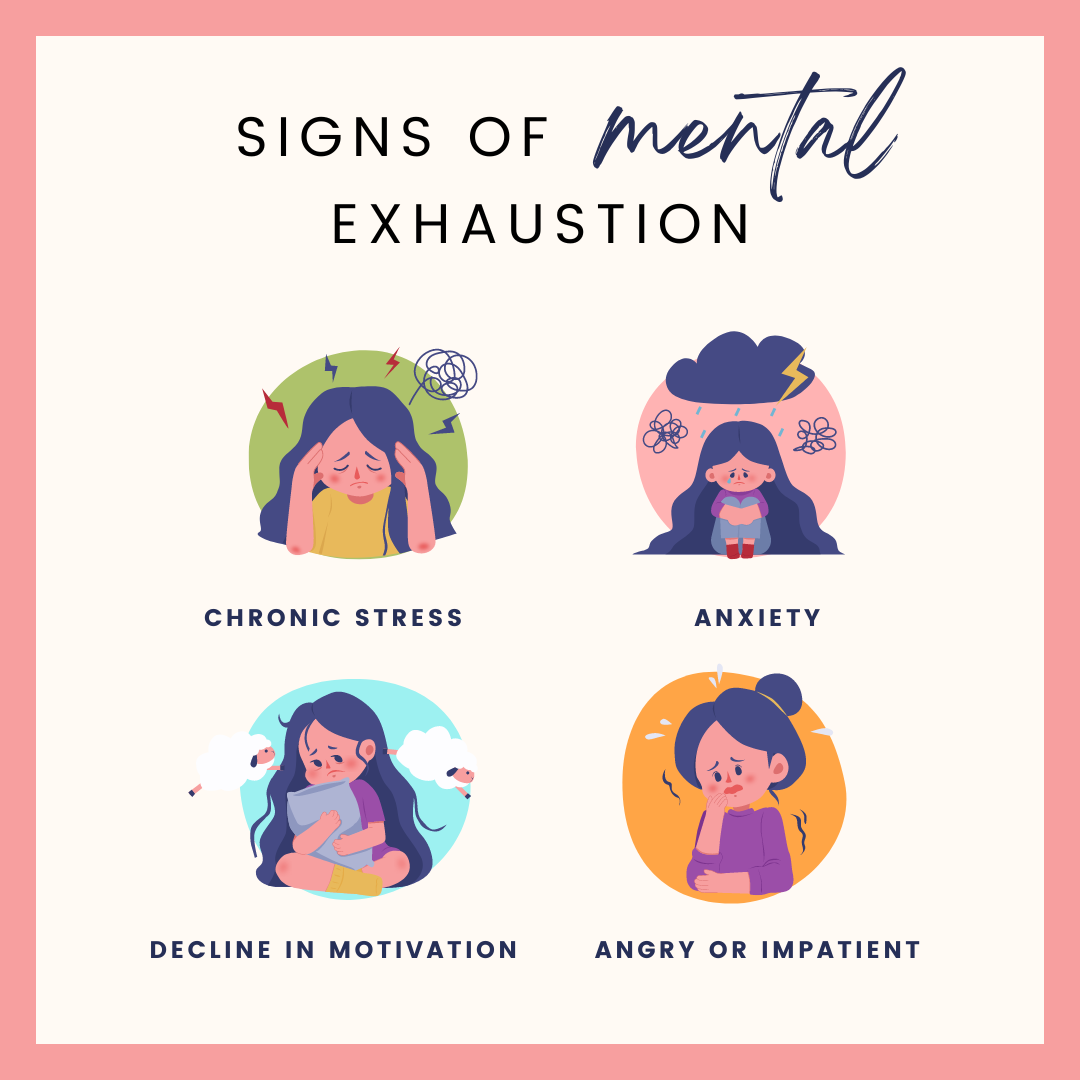Stress, often viewed as an inevitable aspect of modern life, paradoxically affects individuals differently. While manageable levels of stress can motivate and propel individuals to achieve their goals, chronic or excessive stress can have detrimental effects on mental health and overall well-being.
At its core, stress is the body’s natural response to perceived threats or challenges. When faced with a stressful situation, the body releases hormones like cortisol and adrenaline, triggering the “fight or flight” response. In moderation, this response can enhance focus, alertness, and performance. However, prolonged exposure to stress can lead to a range of negative outcomes, including anxiety, depression, and physical health issues.
Chronic stress disrupts the body’s natural equilibrium, leading to a cascade of physiological and psychological effects. It can weaken the immune system, increase the risk of cardiovascular disease, and exacerbate existing health conditions. Moreover, prolonged stress can impair cognitive function, memory, and decision-making abilities, making it difficult to cope with daily challenges effectively.
The impact of stress on mental health is profound, affecting mood, emotions, and behavior. Chronic stress is a significant risk factor for developing anxiety disorders, depression, and other mental health conditions. It can also contribute to feelings of overwhelm, irritability, and burnout, diminishing overall quality of life and productivity.
Effective stress management strategies are essential for mitigating the negative effects of stress and promoting mental well-being. These may include mindfulness practices, relaxation techniques, regular exercise, and maintaining a healthy work-life balance. Seeking support from friends, family, or mental health professionals can also provide valuable resources for coping with stress.
Ultimately, unraveling the stress paradox involves recognizing the nuanced relationship between stress and well-being. While stress is an inherent aspect of life, understanding its impact and implementing effective coping strategies can empower individuals to navigate stressors more effectively and cultivate resilience in the face of adversity. By prioritizing mental health and well-being, individuals can thrive in an increasingly complex and challenging world.



